For many of us, the scale of the coronavirus has perhaps been the most significant experience of our lives. It will have long-term effects on the global economy, our communities, and our workplaces. It is hard to think about our previous lives or think about when the pandemic will end. Eventually, businesses will reopen and employees will start going back to work. However, when exactly employees will be heading back to the office is unknown. One thing for certain is that the workplace will change forever in the post-coronavirus era. As companies rethink and reshape the modern workplace, companies are considering several key upgrades to the workplace. Some of the ways the workplace will change include: corporate flexibility, sanitization, mental health awareness, and virtual learning.
Corporate Flexibility
The workplace will change after the coronavirus pandemic forcing companies to become more flexible with their workforces. For instance, Twitter’s CEO Jack Dorsey recently announced to his employees that they can work from home permanently. Facebook also followed suit and announced that they would allow as many as half of the company’s 48,000 employees to work from home permanently. As companies gradually re-open their offices after the coronavirus lock down, employers will be looking for new ways to work. Technology is evolving and enabling the idea of working from anywhere. With the idea of instantly sharing files and cloud technology, companies are leaning towards flexible working policies to suit staff who may be anxious about returning to offices. As we start to return to the workplace and find a new normal, alternative working patterns will reduce commuting and give companies breathing room as they introduce new social distancing policies.
Promote Mental Health for Your Employees after the Pandemic
Everyone has felt the impacts of COVID-19. For instance, some people have had a negative experience working remotely or in isolation. One study on working from home during this crisis found that over 50% of employees feel lonelier and experienced anxiety.
Still, it is impossible to overlook the fact that the entire workplace will change. The stress caused by this crisis has put more people at risk for developing depression, anxiety, and other mental illnesses. By understanding the impact this crisis has had on everyone, companies should be prepared to offer support and provide proactive communication to their employees. Companies will need to be prepared for the fact that their employees have changed after the pandemic. Organizations that promote mental health offerings will set their employees up for success. Furthermore, companies should boost offerings with employee assistance programs that refer employees to therapists and counselors in their communities.
More Emphasis on Sanitization
Even before the coronavirus, many employees have dreaded shared workstations. Now that shared workspaces are considered a public health risk, the current pandemic is likely to change this design trend. Designers expect the disappearance of open floor plans. Moreover, we will start to see additional built in cabinets for storage for nonessential items. Personal belongings will no longer be stored on desks. This will allow for proper cleaning sanitization procedures. Designers have also started talking about the idea of UV lighting. UV light is a short-wavelength that breaks apart germ DNA, leaving it unable to function or reproduce. With powerful UV lighting, it has a deadly effect on microorganism such as pathogens, viruses, and bacteria. Disinfecting UV lights in offices cannot only clean equipment like keyboards but entire work areas overnight. UV lighting could prove to be an efficient and safer way for sanitizing workstations after the pandemic.
E-Learning for Everyone
Education has changed dramatically, with the prominent rise of e-learning undertaken remotely on digital platforms. Companies have increased meetings, calls, and conference usages by offering webinars and live Q&As to stay in touch with employees and industry peers.
Along with free resources to stay in touch with industry peers are valuable insights on LTi’s new online HUB. The HUB offers our customers new features and how-to videos to better adapt to new challenges they are facing during COVID-19. The HUB also allows customers to interact with LTi subject matter experts. Another example includes the webinars hosted by ELFA on topics with industry leaders in the asset and equipment finance industry.
Many organizations recognize that upskilling is essential for innovation. In the post coronavirus era, e-learning will become a bigger part of ongoing learning for companies. Through this crisis, companies have come to realize just how important e-learning platforms are.
The New Era of the Workplace
Although it is hard to imagine, there is light at the end of this COVID-19 tunnel. Even though a virus has divided our communities, it has also proved to bring us together. Through this crisis, it has shown that this new corporate world has made us value human interaction more than ever before. The coronavirus might have instilled fear and anxiety but it has also kick-started a wave of kindness and empathy from companies across the world. Companies are exemplifying strong leadership by giving back to communities in need and prioritizing employees’ individual health and well-being during this crisis. We’re going to see in the post-coronavirus era a more caring and empathetic work culture. Most importantly, we’re going to see leaders show compassion and put employees’ well-being first. Those will be the workforces that continue to thrive in organizational health and create healthy and productive employees.

